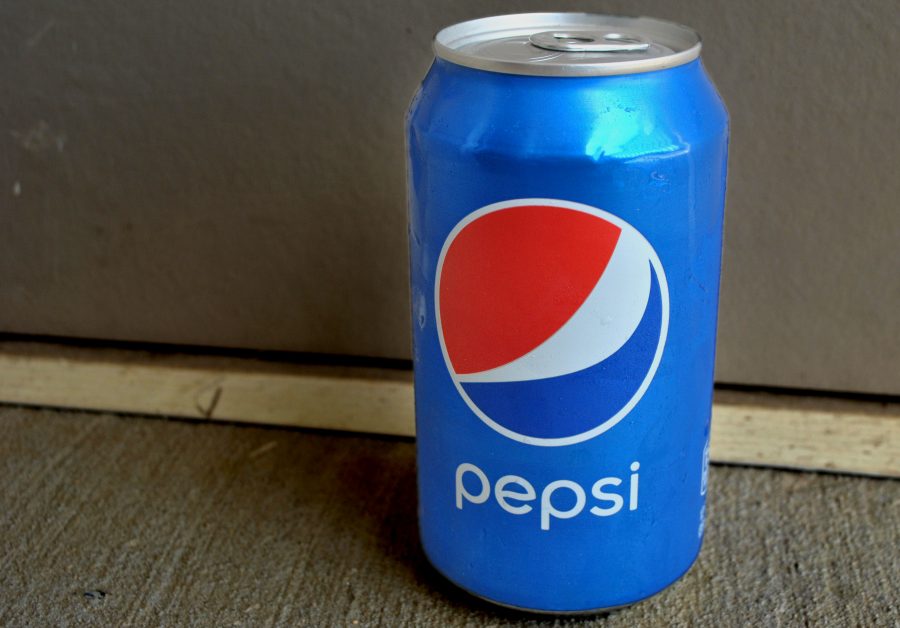Multi billion-dollar company PepsiCo recently found itself in hot water after a television commercial was unfavorably received by the public. The now-pulled commercial starred Kendall Jenner joining a peaceful march filled with young millennials, and it ended with Jenner handing a police officer a Pepsi.
The commercial did not receive the feedback it had hoped, infuriating both sides of the aisle to the point where Pepsi had to send out a formal apology. Criticisms of the ad have ranged from calling it “tasteless” to labeling it as insensitive to a highly controversial topic in America: police brutality.
“Pepsi was trying to project a global message of peace, unity, and understanding,” Pepsi’s apology reads. “Clearly we missed the mark and apologize.”
Some claim that Pepsi was trying to commercialize the Black Lives Matter movement and other protests across the country in an attempt to appeal to a younger demographic. Liberals were angry with the capitalization of a serious movement, while conservatives ertr upset with companies attempting to appeal to liberal sentiments.
“By being politically trendy, large corporations assume they’ll win the favor of the younger generation,” said Gerald Fraas, State Chairman of the College Republican Federation of Alabama. “This was true of Coke’s 1971 ‘I’d like to buy a Coke’ advertisement.”
Josh Shumate, the outgoing vice president of the University’s Young Americans for Liberty chapter, had a similar take.
“We live in a 24/7 digital world where everyone sees this and gets to be upset about it, which may be enough to make companies rethink their strategy,” he said. “I do think some companies will continue to do this unfortunately. I am not a fan of companies commercializing social issues that alienate half the country.”
As Pepsi attempts to diminish the public scrutiny, Jenner has also come under fire for her particiaption. Pepsi also apologized to Jenner, which actually made the public angrier that the company is issuing an apology to someone who was paid and willingly participated.
“I thought the Pepsi commercial was ridiculously bland and tone-deaf,” said Lota Erinne, progressive communities liaison for UA College Democrats. “They didn’t care about making a statement about whatever social justice issue they were pandering toward. They just saw that a lot of people have been marching recently.”
Although a large portion of criticism has been focused on businesses looking to make a political statement, other students think this was purely a financial grab.
“The marketplace, not social media, will be the final arbitrator if businesses continue to use political commercials,” said Cameron Mixon, chairman of UA College Republicans. “The commercial appears politically motivated, but companies should do what is in the best interest of their shareholders.”









